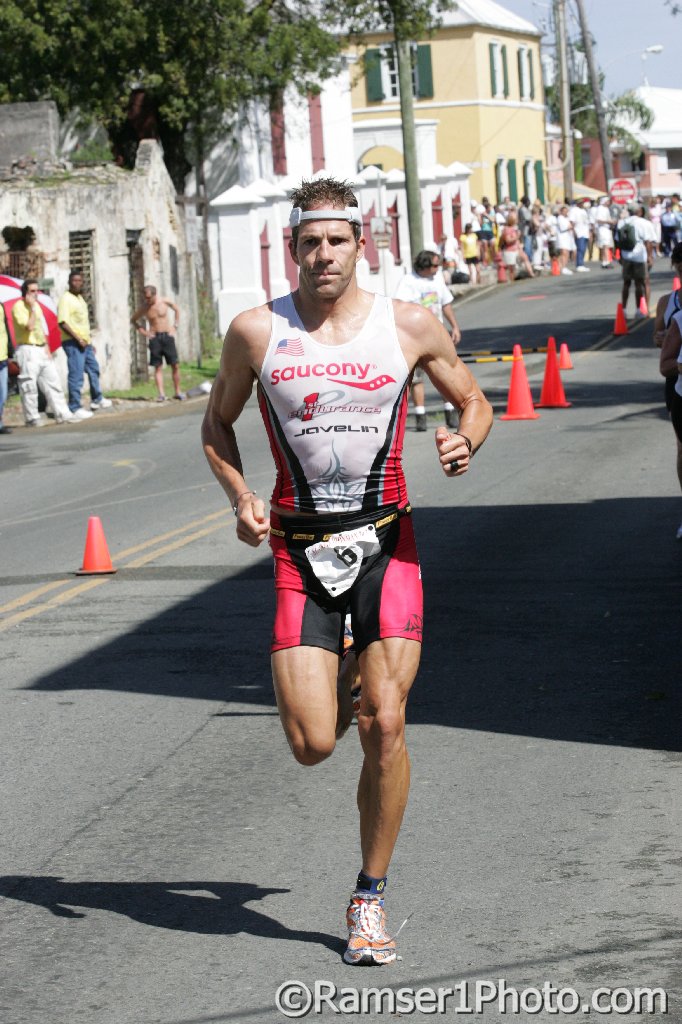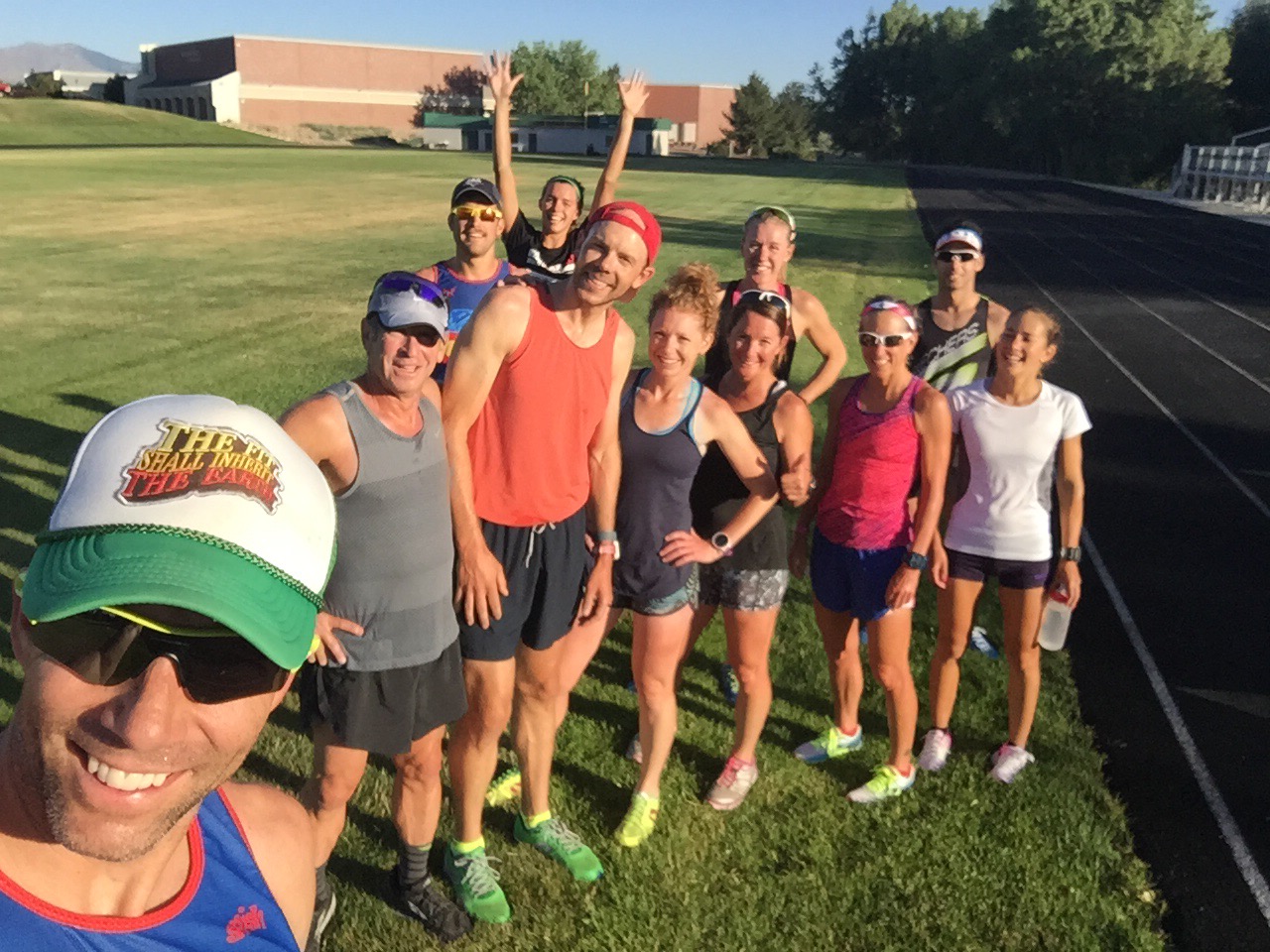Photo Credit: Ramser1Photo.com
1. How did you initially get involved in triathlon as a competitor?
I was a freshman at the University of Texas at Austin, and I had been uninvolved in competitive team sports for the first time in my whole life. I was doing some running, a bit of weight lifting and generally just missing out on the camaraderie and challenge of doing sports with others. I saw that UT had an intramural sprint triathlon, so I signed up, was challenged immensely, and was hooked. I raced for the next 22 seasons!
2. What are some of your career highlights as a professional triathlete?
My first Ironman win was special. It was 2003, and I had been an up-and-coming pro up until that day. It gave me confidence I could compete against the world’s best, so that was a true highlight for me. Other highlights include my three Ironman wins, three top-ten finishes at the Ironman World Championship in Kona, and above all, meeting my wife at a triathlon in 1999!
3. What role did treatment including massage, physical therapy, etc. play in your weekly training routine?
I got injured once in 1999, and was so terrified it was going to happen again that I did everything I could to research recovery and preventative work. Throughout the peak years of my career I got massage twice per week; I consulted and utilized some of the top PT’s in Boulder and Austin, typically at the first sign of a problem. Due to this, I was able to stay almost completely injury free my entire pro career.
4. What motivated you to make the transition to coaching at the end of your professional career?
I had been coaching part time for 12 years, and that coincided with my peak years of racing professionally. I always loved the teaching and motivational aspects of coaching, so when I was done racing, it was natural to channel all my time and energy into coaching full time.
5. Lovato Performance Coaching is growing with both amateur and professional athletes, what separates your services from other coaching services in Colorado?
I don’t know too much about how other coaching services work, but I can say that I truly thrive on putting a lot of time and energy into each of my athletes—from professional to amateur. I find it immensely satisfying to see my athletes reach their goals, and to see them grow confidence along the journey. We also have a lot of fun. I believe the sport should be fun, and that we should be serious athletes without taking ourselves too seriously!
6. Do you have a favorite type of athlete or individual to work with?
I don’t think I have a favorite type, because I do get equal satisfaction out of seeing my top male professional win his first Ironman as I do seeing my oldest athlete do things he never believed he could do.
7. As a former professional athlete and coach are there common mistakes you see athletes make in regards to training, competition, or recovery?
Yes, I believe that people vastly underestimate the importance of having a good, yet balanced diet. I believe athletes need to sleep more. And I believe that most athletes struggle to rest enough, and they tend to push too hard—we should only ever give 100% on race day, not in daily training.
8. Where do you see the sport of triathlon in 5 years?
I hope to see our professional athletes have a better chance at making a living. To find a way for the sport to be better marketed to the masses, and to draw in the interest of the general public as a healthy way to live their lives. I believe there is a win-win with the right companies who could invest in triathlon as a means to make our country healthier. And I hope we get more challenging races—I believe we have seen too many folks just want flat and fast—it’s not all about the PR, folks!


